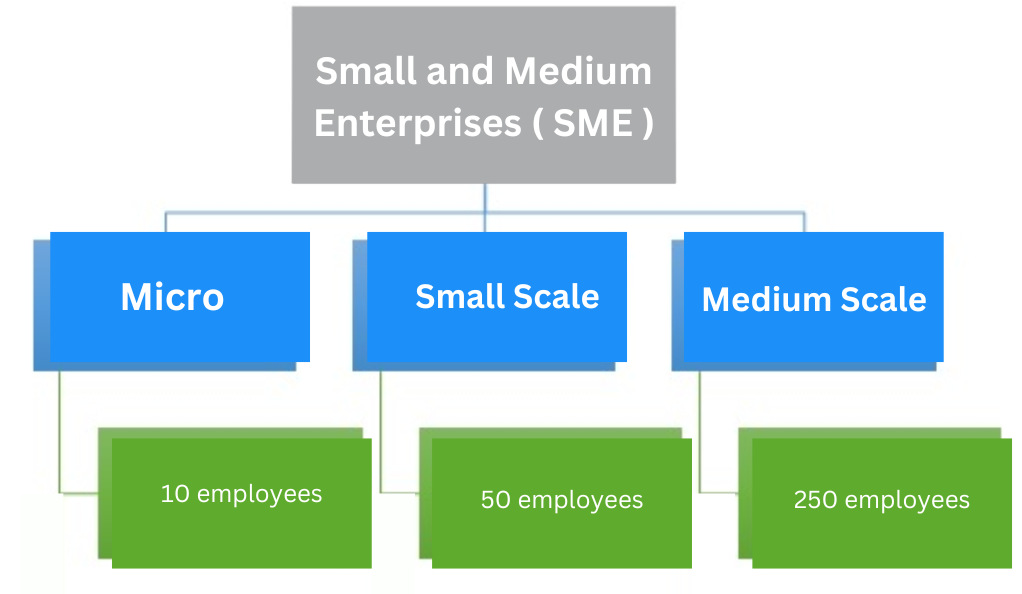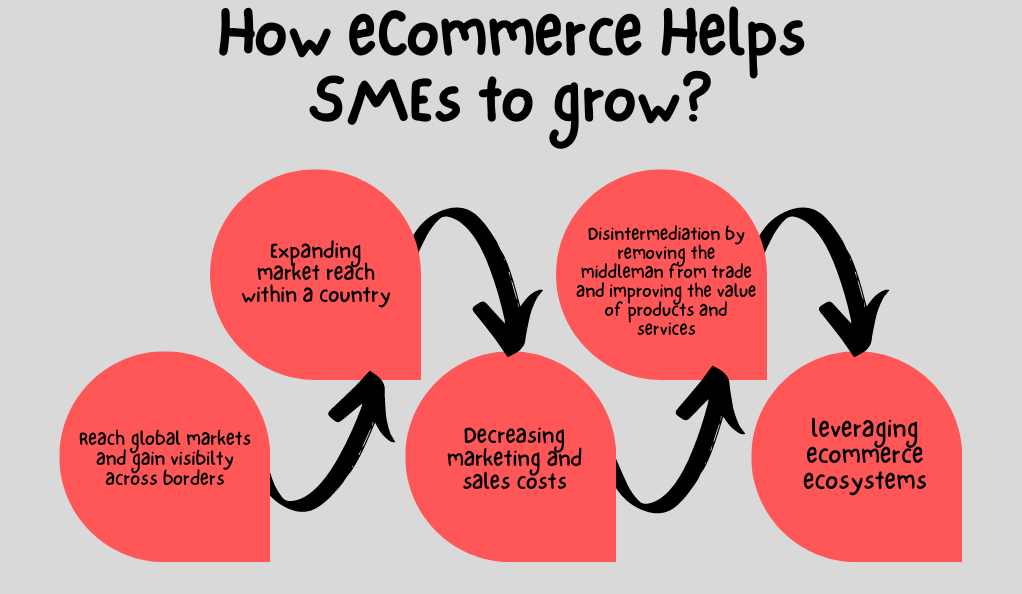Streamlining Operations: A Guide to Cost-Effective Tools for SMEs
In today’s competitive business landscape, small and medium-sized enterprises (SMEs) face unique challenges. With limited resources and increasing demands, it’s essential for SMEs to streamline their operations. By leveraging cost-effective tools, SMEs can optimize processes, reduce overheads, and stay ahead of the curve. Furthermore, as the global market becomes more interconnected, SMEs must adapt to rapidly changing business environments. Streamlining operations not only enhances efficiency but also positions these businesses for sustainable growth in an ever-evolving marketplace.

The Digital Transformation: Why SMEs Should Embrace It
The digital age has ushered in a plethora of tools designed to simplify business operations. From cloud-based solutions to AI-driven analytics, embracing digital transformation can be a game-changer for SMEs. The integration of digital tools into business processes offers SMEs the agility to respond to market changes swiftly. Moreover, digital transformation provides SMEs with a competitive edge, enabling them to offer enhanced customer experiences, optimize supply chains, and drive innovation at a fraction of traditional costs.
Top Cost-Effective Tools for SMEs
- Cloud-Based Accounting Software
Cloud solutions like QuickBooks and Xero offer SMEs affordable accounting tools that automate invoicing, payroll, and financial reporting. These platforms not only save time but also reduce the risk of human errors. By centralizing financial data, SMEs can gain real-time insights into their financial health, facilitating informed decision-making. - Project Management Tools
Platforms such as Trello and Asana help teams collaborate, track progress, and ensure projects are completed on time. These tools foster transparency, allowing team members to view task assignments, deadlines, and progress. By streamlining project workflows, SMEs can ensure timely delivery and enhance client satisfaction. - Customer Relationship Management (CRM) Systems
Tools like HubSpot and Salesforce provide SMEs with insights into customer behavior, streamlining sales and marketing efforts. A robust CRM system can automate marketing campaigns, track sales leads, and enhance customer service. By centralizing customer data, SMEs can tailor their offerings to meet specific client needs, driving loyalty and repeat business.
Enhancing Productivity with Automation
Automation tools can handle repetitive tasks, allowing employees to focus on more strategic activities. From chatbots handling customer queries to automated marketing campaigns, the possibilities are endless. Automation not only boosts efficiency but also ensures consistency across operations. Moreover, by reducing manual interventions, SMEs can minimize errors, ensuring that customers receive consistent and high-quality service.
The Role of Data Analytics in SMEs
Data-driven decisions can propel SMEs to new heights. By utilizing tools like Google Analytics and Tableau, businesses can gain insights into customer preferences, market trends, and more. In an era where data is the new oil, SMEs that harness the power of analytics can differentiate themselves from competitors. By understanding customer behavior, SMEs can tailor their offerings, optimize marketing campaigns, and predict future trends, ensuring sustained growth.
Cybersecurity: Protecting Your Digital Assets
In the digital age, cybersecurity is paramount. SMEs can leverage tools like Norton and McAfee to safeguard their data and protect against cyber threats. As cyberattacks become more sophisticated, it’s crucial for SMEs to prioritize security. A single breach can not only lead to financial losses but also damage a company’s reputation. By investing in robust cybersecurity measures, SMEs can ensure the integrity of their digital assets and build trust with their customers.
Remote Work Solutions for Modern SMEs
The rise of remote work has necessitated tools like Zoom and Slack. These platforms facilitate communication, collaboration, and ensure business continuity, irrespective of location. In a post-pandemic world, remote work has become the norm rather than the exception. By leveraging remote work tools, SMEs can tap into a global talent pool, enhance flexibility, and ensure that operations continue seamlessly, irrespective of external disruptions.
E-commerce Platforms for SMEs

Platforms like Shopify and WooCommerce allow SMEs to tap into the online market, reaching a global audience and boosting sales. E-commerce has revolutionized the way businesses operate, offering SMEs an opportunity to expand their customer base beyond geographical boundaries. By integrating user-friendly e-commerce platforms, SMEs can offer customers a seamless shopping experience, driving sales and enhancing brand loyalty.
The Importance of Continuous Learning and Training
Investing in employee training platforms like Udemy and Coursera can enhance skills, boost morale, and drive business growth. In a rapidly evolving business landscape, continuous learning is crucial for staying relevant. By offering employees opportunities for skill development, SMEs can ensure that they remain at the forefront of industry innovations. Moreover, a well-trained workforce can drive innovation, enhance productivity, and contribute to business growth.
Conclusion: The Future is Digital for SMEs
The digital transformation is not just a trend; it’s the future. By embracing cost-effective tools, SMEs can streamline operations, enhance productivity, and position themselves for sustained growth. As technology continues to evolve, SMEs that adapt and integrate these tools into their operations will thrive. The future is digital, and SMEs that recognize this will lead the way in innovation, customer satisfaction, and business growth.
FAQs
Digital transformation allows SMEs to compete in a dynamic market, offering scalability, efficiency, and the ability to tap into global markets. It’s not just about technology; it’s about reshaping business strategies for the digital age. Furthermore, digital transformation equips SMEs with the tools to offer enhanced customer experiences, streamline operations, and drive innovation, ensuring long-term success.
Yes, reputable cloud-based solutions prioritize security, offering encryption, multi-factor authentication, and regular backups. However, SMEs should always conduct due diligence when selecting a provider. It’s essential to understand the security protocols in place and ensure that data is stored in compliant data centers. With the right precautions, cloud solutions can offer SMEs a secure and scalable infrastructure.
Automation handles repetitive tasks, reduces human error, and ensures consistency. This allows employees to focus on value-added activities, driving growth and innovation. Moreover, automation tools can integrate with existing systems, offering SMEs a holistic solution that enhances efficiency across the board. From marketing to customer service, automation can revolutionize the way SMEs operate.
Data analytics provides actionable insights, helping SMEs understand market trends, customer preferences, and operational inefficiencies. Informed decisions based on data can lead to better strategies and increased profitability. Moreover, with the advent of AI-driven analytics, SMEs can predict future trends, optimize marketing campaigns, and tailor offerings to meet specific customer needs.
SMEs should invest in reputable cybersecurity tools, conduct regular audits, and train employees on best practices. Protecting digital assets is paramount for trust, reputation, and business continuity.
